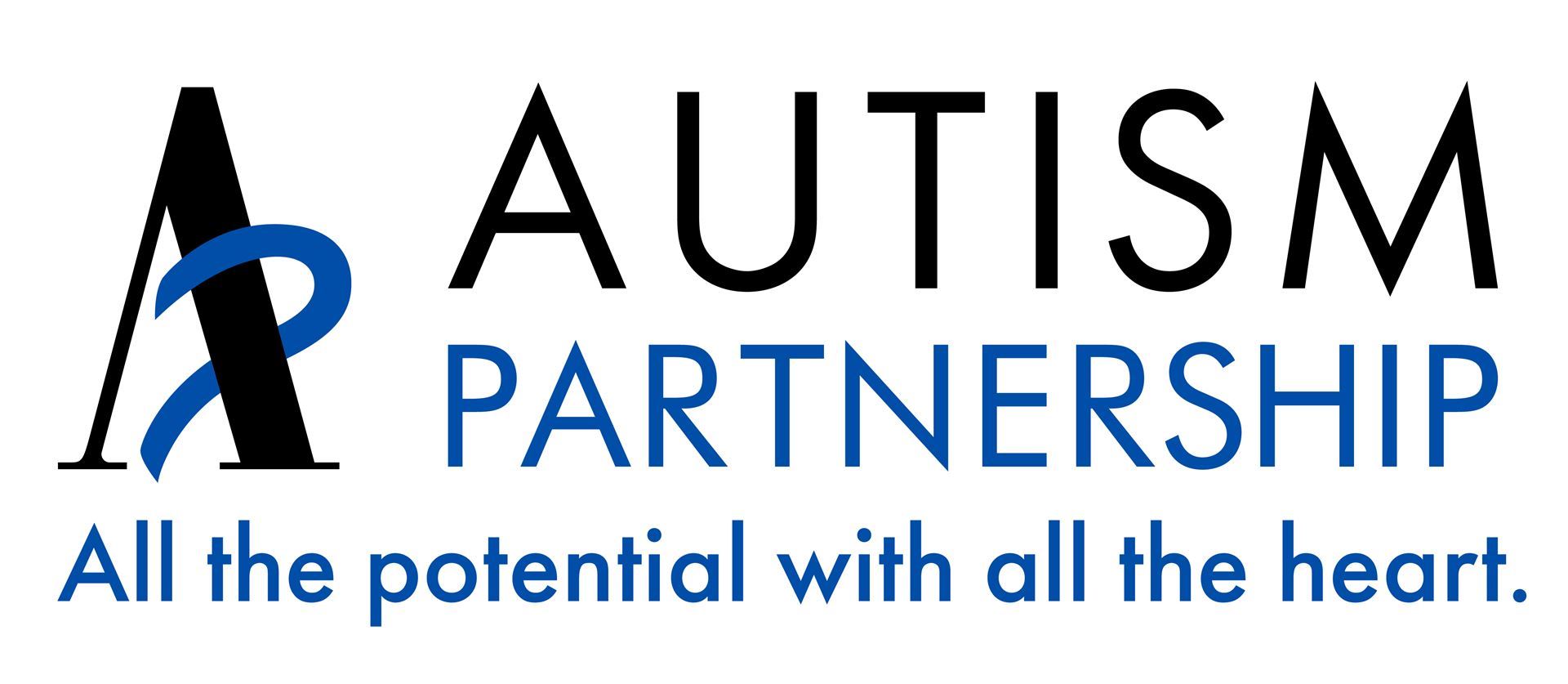.png)
Saturday, 27 July 202410:55 AM - 12:10 pMMulticap/Open Minds (room sponsor) |
Strategic Navigation of NDIS Funding for ABA Services: Overcoming Barriers and Empowering Families
Shannon Eeles
Autism Partnership Australia Abstract: The National Disability Insurance Agency (NDIA) has, over the past three years, inadvertently heightened the challenges families face when seeking access to Applied Behavior Analysis (ABA) services. This presentation delves into the intricacies of these challenges, offering practical solutions aimed at dismantling the barriers that hinder families from securing reasonable and necessary intensive ABA services. By providing ABA service providers with a robust understanding of the NDIA's planning, review, and appeal processes, the presentation equips them with practical strategies and tools to advocate for families effectively. Central to our discussion will be the journey of over 60 families who have successfully navigated the NDIA's review and appeal labyrinth, securing the support they need. Their stories not only illuminate the path to overcoming bureaucratic hurdles but also underscore the critical role of informed, strategic advocacy in ensuring families gain access to essential services. This exploration is designed to equip providers with knowledge and strategies that foster a supportive, empowering environment for families. It aims to inspire a sector-wide shift towards more accessible, family-centred, neuro affirming ABA services, contributing significantly to the broader conversation on disability support and the NDIS. Target Audience: Providers of ABA services Learning Objectives:
|
Evidence for the Ongoing Use of Positive Behaviour Support in Australia: A Response to “Restrictive Practice - A Pathway to Elimination”
Trent Carberry1, Simon Wardale1, Sarah Hutchison1, Susan Lackey1, & Maria Vassos2
1Multicap; 2University of Queensland Abstract: In their submission to the Disability Royal Commission, Spivakovsky et al. (2023) question the effectiveness of Positive Behaviour Support (PBS) as an intervention for reducing challenging behaviour and in turn, the use of restrictive practices as a behaviour management approach. In response to this criticism it is argued that the literature supports the effectiveness of PBS when it is implemented with appropriate adherence to the principles of PBS and clinical literature regarding its use. The experience of Multicap and the outcomes demonstrated for its customers, supports this position. To ensure a high level of fidelity in the implementation of PBS, implementation needs to align with the disciplines that underpin PBS (i.e., applied behaviour analysis, person-centred practice, human rights, system change) rather than just implementing PBS to meet existing legislative requirements. In conclusion, when PBS service provision and implementation in Australia demonstrates alignment with the core components of PBS, positive outcomes for people with disabilities, including the elimination of the use of restrictive practices, are achieved. Target Audience: People who are interested in the role of ABA/PBS in Australia after the Royal Commission Learning Objective: At the conclusion of this presentation, participants will be able to consider the ongoing relevance of ABA/PBS in Australia in the context of the Disability Royal Commission |







.png)





